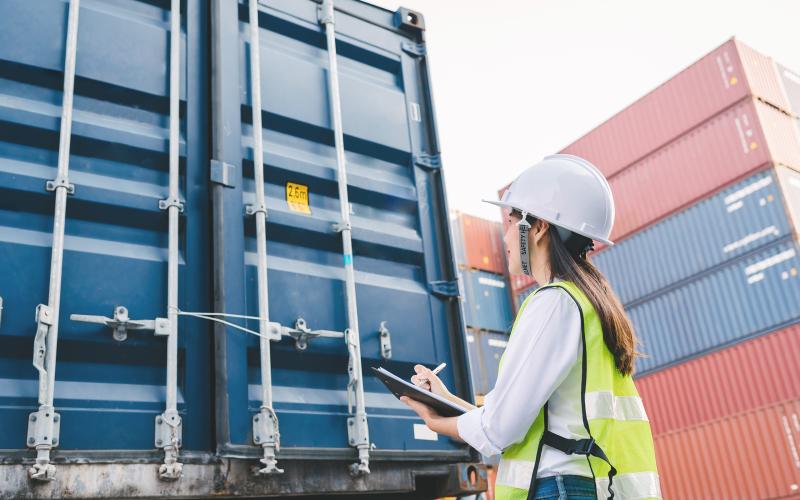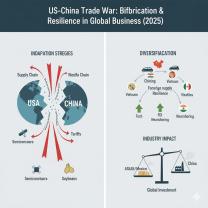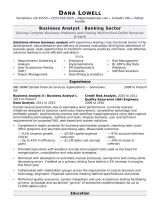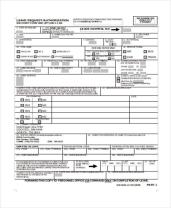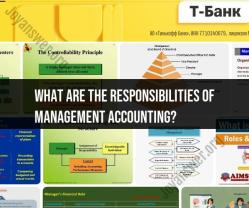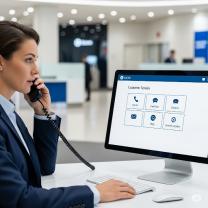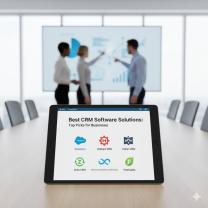What to look for in customs broker?
Selecting the right customs broker is crucial for the smooth flow of your international trade operations. Here are key factors to consider when choosing a customs broker:
**1. Regulatory Compliance and Accreditation:
- Licensed and Certified: Ensure that the customs broker is licensed and certified by the relevant customs authorities in the countries where you conduct business. This ensures that they adhere to the necessary regulations and standards.
**2. Industry Expertise:
- Specialization: Look for a customs broker with expertise in your industry or the type of goods you deal with. Specialized knowledge can be beneficial in navigating industry-specific regulations and challenges.
**3. Global Network and Presence:
- International Reach: Choose a customs broker with a global network or a strong presence in the countries you are dealing with. This ensures that they have a comprehensive understanding of local customs regulations and can facilitate smooth customs clearance.
**4. Technology and Systems:
- Advanced Systems: A modern customs broker should leverage technology to streamline processes. Look for a broker that uses advanced systems for document management, tracking, and communication to enhance efficiency.
**5. References and Reputation:
- Client References: Request references from other businesses that have used the customs broker's services. A positive reputation and satisfied clients are indicators of reliability and competence.
**6. Communication Skills:
- Clear Communication: Effective communication is crucial in international trade. Ensure that the customs broker has clear communication channels and is responsive to inquiries. The ability to communicate effectively with customs officials is also vital.
**7. Experience and Track Record:
- Years in Business: Consider the experience of the customs broker. A broker with a longer track record may have encountered a broader range of situations and developed a better understanding of various customs processes.
**8. Fee Structure and Transparency:
- Transparent Fees: Understand the broker's fee structure and ensure transparency. Hidden fees can add up quickly and impact your overall costs. A reputable broker should provide a clear breakdown of their charges.
**9. Customs Software Compatibility:
- Integration with Your Systems: If you have in-house systems for inventory management or enterprise resource planning (ERP), ensure that the customs broker's software can integrate seamlessly with your existing systems.
**10. Accessibility and Responsiveness:
- 24/7 Support: International trade operates on a global scale and different time zones. Choose a customs broker that offers 24/7 support, especially if you have shipments moving across different time zones.
**11. Insurance Coverage:
- Insurance Options: Inquire about the insurance options provided by the customs broker. Having insurance coverage for your shipments adds an extra layer of protection against unforeseen events.
**12. Continuous Education and Training:
- Staying Informed: Customs regulations are dynamic. Choose a broker committed to continuous education and training to stay informed about the latest changes and updates in customs procedures.
**13. Customs Bonds and Financial Stability:
- Financial Stability: Verify the financial stability of the customs broker. A financially stable broker is more likely to fulfill its obligations and provide consistent services. Additionally, check if they have customs bonds in place.
**14. Conflict Resolution Procedures:
- Dispute Resolution: Understand the broker's procedures for handling disputes or unexpected issues. A clear and efficient dispute resolution process can save time and prevent disruptions in your supply chain.
**15. Environmental and Social Responsibility:
- Sustainability Practices: In an era of increasing emphasis on sustainability, consider whether the customs broker aligns with your company's values regarding environmental and social responsibility.
By carefully considering these factors, you can select a customs broker that aligns with your business needs and contributes to the efficiency and compliance of your international trade operations.
Choosing expertise: What to look for in a customs broker?
When choosing a customs broker, it is important to consider their expertise and experience in the following areas:
- Industry knowledge: Choose a customs broker with experience in your industry. This will ensure that they are familiar with the specific customs regulations and requirements that apply to your goods.
- Commodity expertise: If you are importing or exporting complex or highly regulated goods, choose a customs broker with expertise in those specific commodities.
- Technology expertise: Choose a customs broker that uses the latest technologies to streamline the customs clearance process.
- Customer service: Choose a customs broker that is responsive and proactive in communicating with you throughout the customs clearance process.
Considerations and criteria for businesses in selecting a reliable and qualified customs broker
Here are some considerations and criteria for businesses in selecting a reliable and qualified customs broker:
- License and insurance: Make sure that the customs broker is licensed and insured. This will protect you in the event of any errors or omissions on their part.
- Reputation: Research the customs broker's reputation. Read customer reviews and testimonials to get a sense of their reliability, quality of service, and expertise.
- References: Ask the customs broker for references from other clients. This is a great way to get firsthand feedback on their services.
- Communication style: Choose a customs broker with a communication style that you are comfortable with. It is important to be able to communicate effectively with your customs broker throughout the customs clearance process.
- Fees: Compare the fees of different customs brokers before making a decision. Make sure to get a quote in writing so that you have a clear understanding of the costs involved.
Tips for evaluating the expertise and services of potential customs brokers
Here are some tips for evaluating the expertise and services of potential customs brokers:
- Ask about their experience and qualifications: Ask the customs broker about their experience in your industry and with the specific commodities that you import or export. Inquire about their qualifications and any professional certifications that they hold.
- Request a list of services: Ask the customs broker for a list of the services that they provide. Make sure that they offer the services that you need, such as classification, valuation, documentation preparation, and customs clearance.
- Ask about their technology capabilities: Ask the customs broker about the technologies that they use to streamline the customs clearance process. Make sure that they use the latest technologies to ensure that your shipments are cleared through customs efficiently and accurately.
- Interview the customs broker: Schedule an interview with the customs broker to discuss your specific needs and requirements. This is a great way to get to know the customs broker and assess their expertise and professionalism.
By following these tips, you can choose a customs broker that has the expertise and experience to help you import and export goods efficiently and compliantly.
